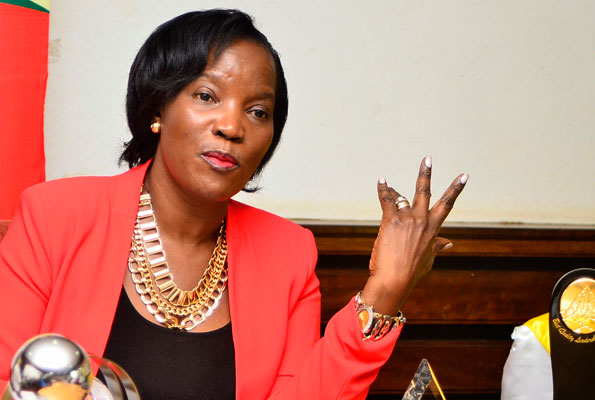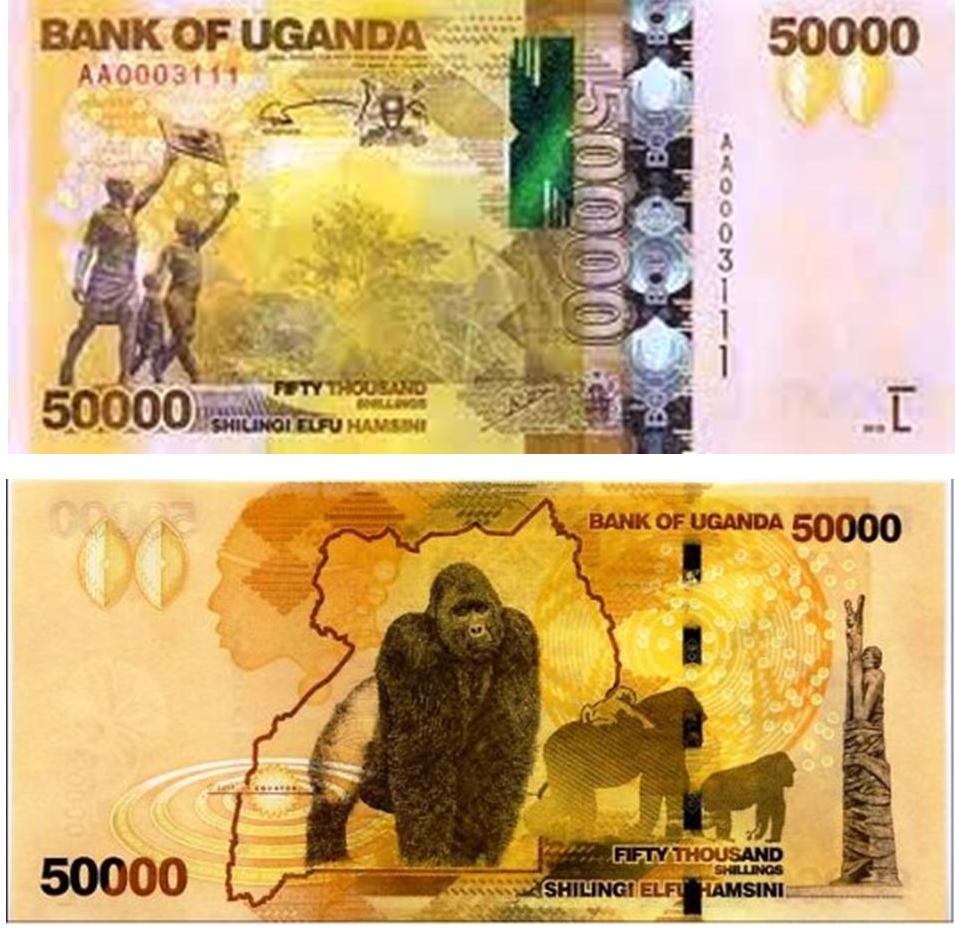Grasshopper Trapping centre in Masaka.
Grasshopper catchers in the Greater Masaka region are counting huge losses because of the scarcity of their prized insects. The grasshopper catching season usually starts from November and runs to December.
However, over two weeks later, the farmers say that they have only managed to catch a few grasshoppers while some areas have nothing at all. The grasshopper catchers blame the problem on climate change and persistent power outages. This was the same situation last season, which left the trappers and traders complaining due to lack of business.
Hajji Quraish Katongole, the Chairperson of Old Masaka Basenene Association Limited, the umbrella body of grasshopper trappers in the Masaka region, says that they have lost over Shillings 85million because of the grasshopper scarcity.
He says that they usually generate an average of over Shillings 5 million on a normal day from one trapping center using more than five drums. He explains that the dry season scared several grasshopper trappers due to climate change effects, adding that many of them had declined to invest in the season.
Katongole says that four of their members committed suicide last season after failing to service the loans they secured from banks and individuals to invest in the grasshopper business, which failed.
So far 180 out of more than 500 members are currently trapping grasshoppers amidst unsatisfactory catch. Katongole explains that they have so far paid more than Shillings 86M to UMEME to enable them to tap power for catching the edible insects.
He reveals that they usually pay between Shillings 200M and Shillings 300M to UMEME every two months of the season. UMEME charges each bulb Shillings 350,000 yet the businessmen use between 3 and 5 or more bulbs at each stall.
The trappers are also facing consistent load-shedding. However, the power distributors, UMEME does not compensate them for the missed days. According to Katongole, UMEME’s operation dubbed “Komboa”, which combats illegal connections has destabilized their businesses yet they have agreements with the company.
He appealed to UMEME to be considerate and reduce the charges to favor the grasshopper trappers now that the season has caused a loss.
In Kyotera, the trappers are facing the same plight and cursing the season. Baada
Kiibi, a prominent grasshopper trapper in Kalisizo town council, says that he has made losses since the season started.
Fatiya Nalukenge, another trapper in Kalisizo explains that she employs more than five people every season and has to pay them even when they do not trap anything.
According to Isaac Katewanga, the UMEME Regional Manager-Masaka says that they met the grasshopper trappers and agreed on the electricity tariffs which would favor their season for two months. He explains that they would charge one bulb above Shillings 400,000 but they have since reduced the charge to Shillings 350,000.
Eng. Joseph Katende, from UMEME-Masaka attributed the persistent blackout in the region to the vandalism of their installations.
According to the UN Food and Agriculture Programme, grasshoppers have high protein than beef or fish. Its nutrients can help to fight malnutrition.
The grasshopper season is a source of livelihood for many people as it generates a lot of revenue for the government in just two months.
–URN





